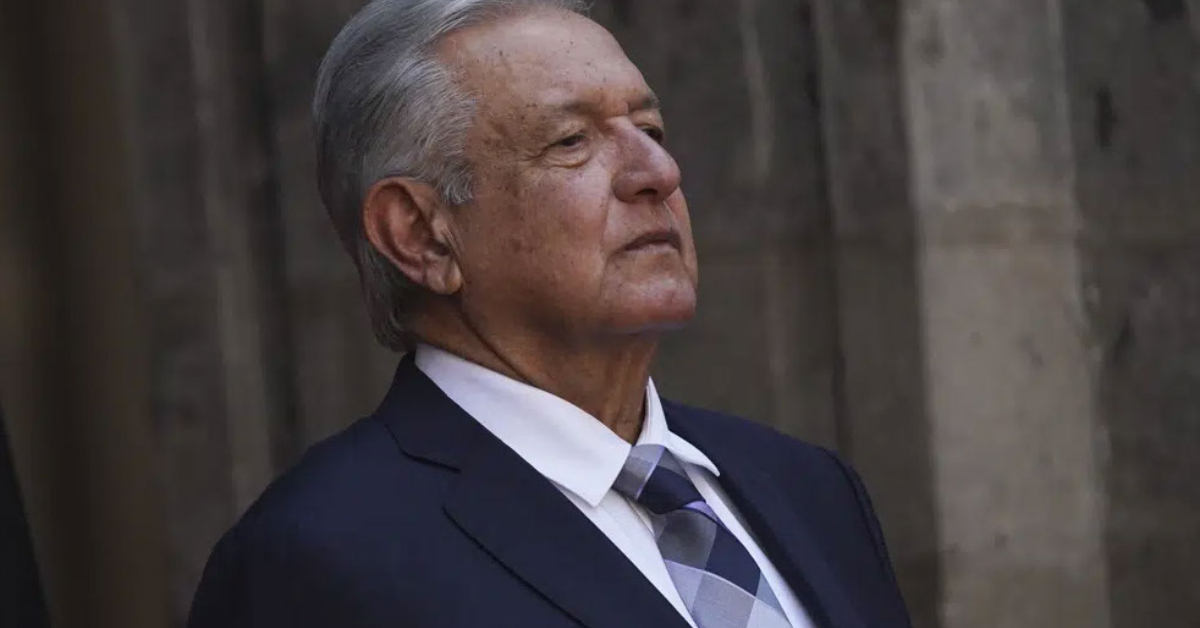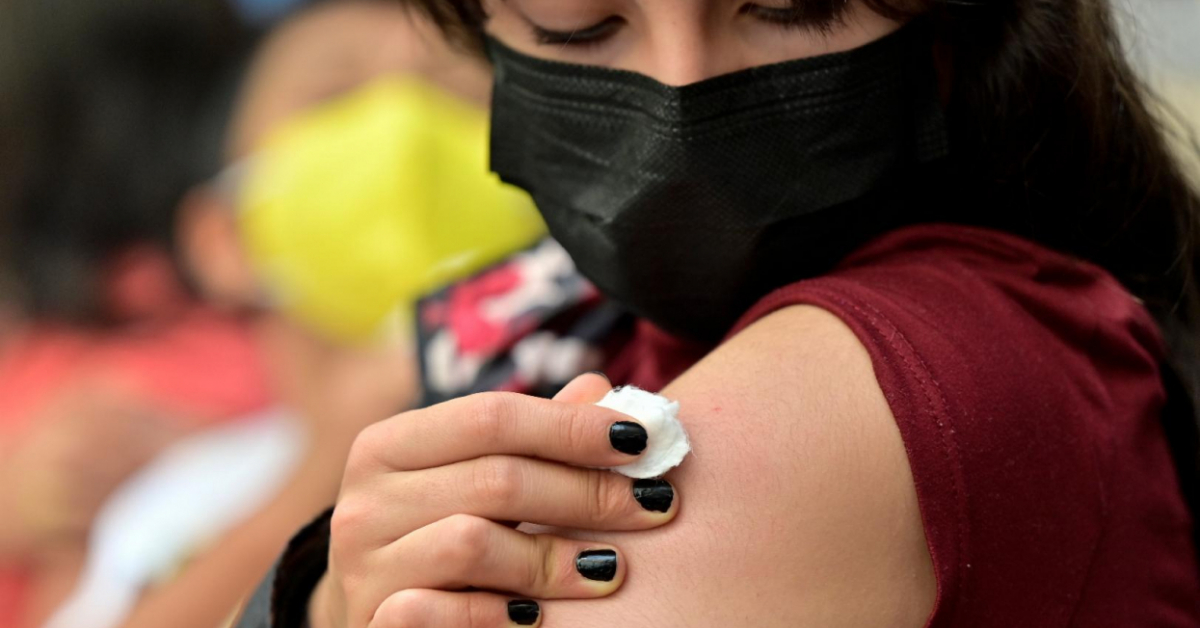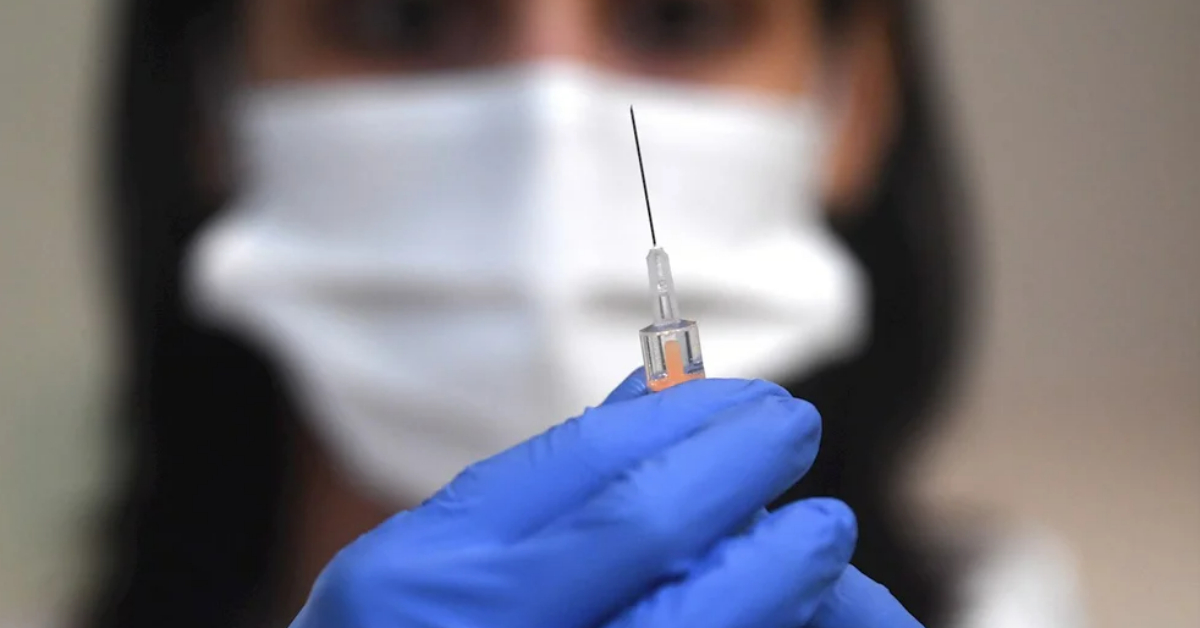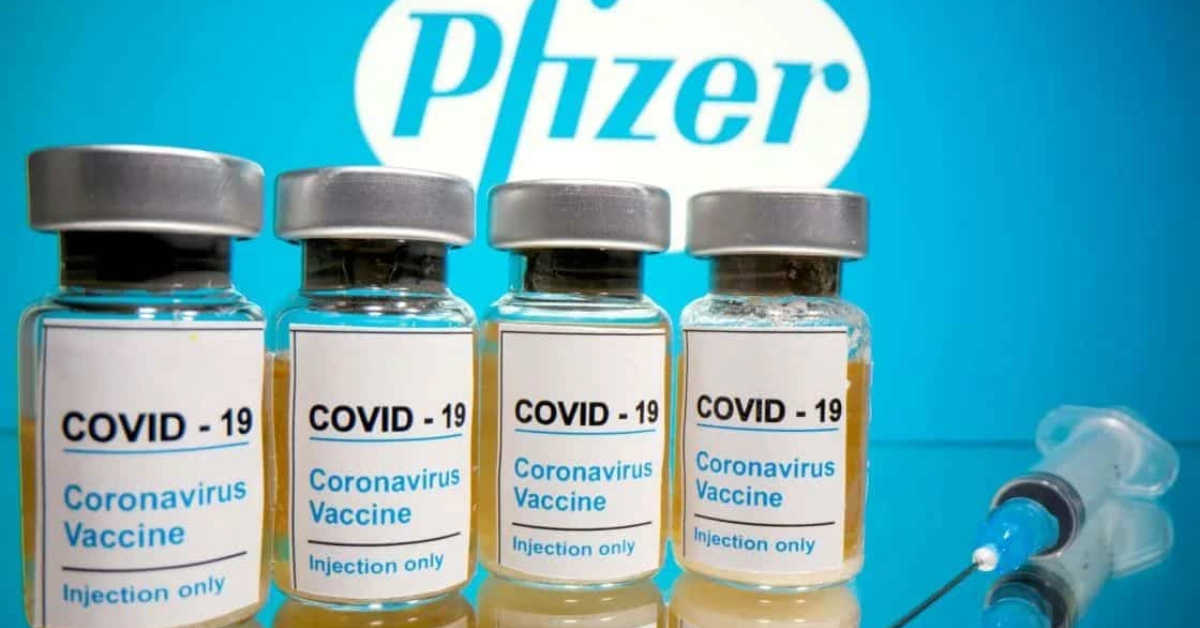The Government of Mexico announced the signing of a purchase agreement for Pfizer's oral antiviral therapy against Covid-19, called Paxlovid.
The contract completes the acquisition of 300,000 oral treatments which have already begun their arrival in the country.
Pfizer's antiviral treatment, focused on being administered to people who have the disease caused by the SARS-CoV-2 virus and who are at high risk of developing complications, was approved by the Federal Commission for the Protection against Sanitary Risks ( Cofepris ) last January 2022, being the first health regulatory agency in Latin . . .






